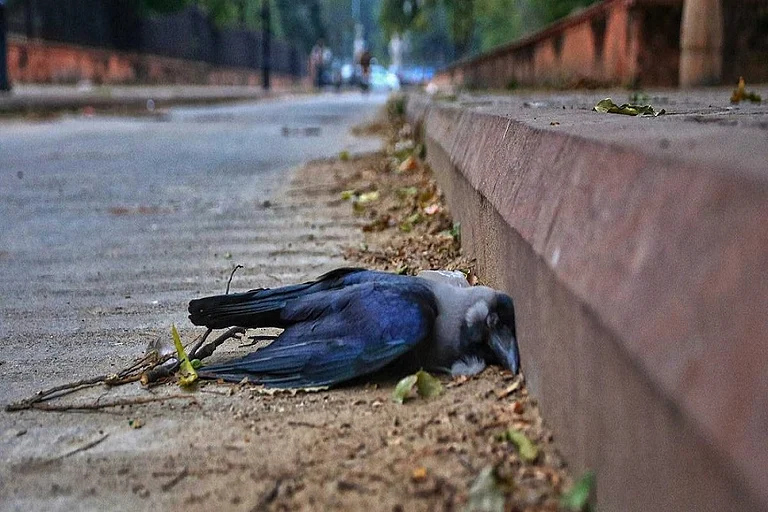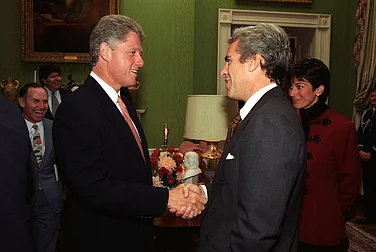Just over a year ago, Flaco the Eurasian eagle-owl captivated the hearts of New Yorkers when he fled from a Central Park Zoo enclosure after it was vandalized.
According to the Wildlife Conservation Society Flaco died Friday after colliding with a building in Manhattan. He was dubbed “one of New York’s Flyest” by New York City Mayor Eric Adams.
After Flaco flew away in February 2023, authorities made numerous attempts to recapture him, but failed. Flaco became an attraction in Central Park with birders and others regularly posting updates on X about his whereabouts and eating habits.

Despite efforts from members of the Wild Bird Fund to save Flaco after collision, the bird was declared dead, the WCS said. The Wild Bird Fund notified zoo staff that picked up the bird and transported him to the Bronx Zoo for a necropsy.
Flaco's escape in February 2023, attributed to vandalism of his enclosure, sparked numerous unsuccessful attempts by authorities to recapture him. He thrived in the wild for over a year, frequently spotted in and around Central Park. The Wildlife Conservation Society (WCS) monitored him closely, prepared to intervene if he showed signs of distress.

Flaco’s Story
On February 2, 2023, The Central Park Zoo found that Flaco escaped from his enclosure after someone vandalized the exhibit and cut its stainless steel mesh.
Flaco had frequently been seen in and near Central Park and other locations across Manhattan since then, according to the society. Its staff monitored him throughout the year and were prepared to recover him if he showed any sign of difficulty or distress, the WCS said.
The Eurasian eagle-owl ranks among the largest owls on Earth with an impressive wingspan of up to six feet,. Their weight can vary significantly, with individuals ranging from 3 to 9 pounds, and females generally outweighing the males. Sharing a common trait with most owls, they are nocturnal creatures, actively hunting at night and seeking rest during the day. In the wild, their average lifespan falls between 10 and 20 years, although they can potentially reach a remarkable 60 years when cared for in captivity.
The conservation society appreciated all the support and concern over the well-being of Flaco throughout the past year and the many people who contacted them with updates. “We especially appreciate the quick response by the staff of the Wild Bird Fund in their attempt to help Flaco”, they said.














.png?auto=format%2Ccompress&fit=max&format=webp&w=376&dpr=2.0)













